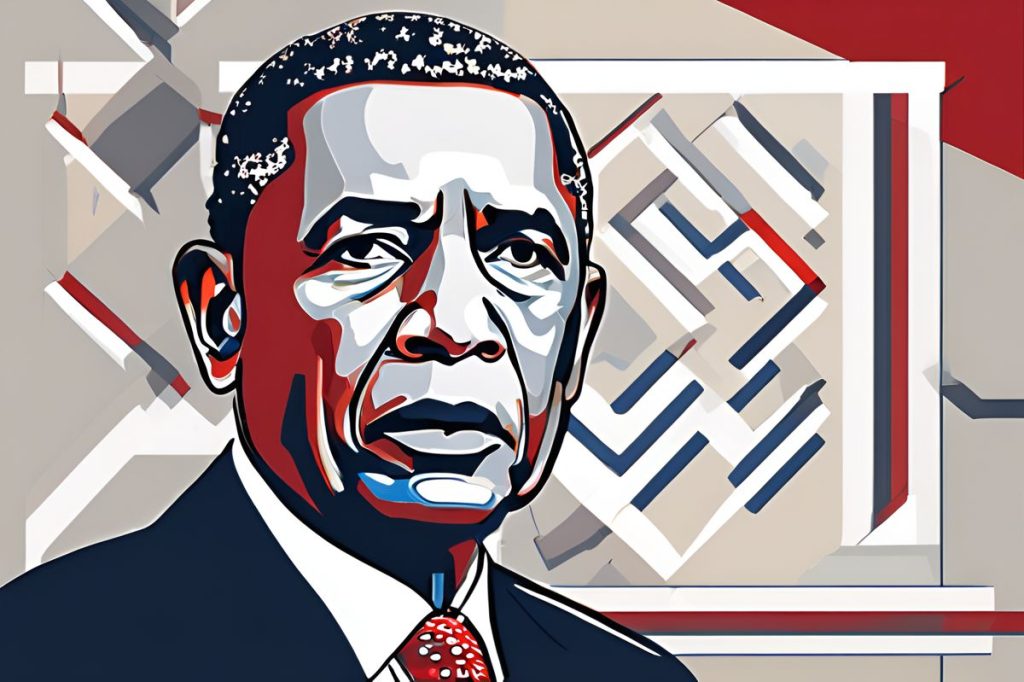President Nikos Christodoulides addressed the Cyprus diaspora, urging reflection on past approaches to the Cyprus problem and emphasizing the need to resume negotiations and leverage international law for reunification. Christodoulides reaffirmed the commitment to end the Turkish occupation and called for the active involvement of the diaspora in solving the national issue.
What was the main focus of President Nikos Christodoulides’ address to the Cyprus diaspora?
President Nikos Christodoulides’ address to the Cyprus diaspora emphasized the urgency of solving the Cyprus problem. He advocated for strategic reflection on past approaches, resumption of negotiations, leveraging international law, and the diaspora’s active involvement. Christodoulides reaffirmed the commitment to reunify Cyprus and end the Turkish occupation.
A Call for Reflection and Unity
President Nikos Christodoulides has recently expressed his views at the Cyprus diaspora convention, emphasizing the non-viability of the current state of affairs concerning the Cyprus problem. With a focus on the past 50 years following the Turkish invasion, Christodoulides encourages a period of reflection on previous methods and strategies. “The experiences of the last five decades should not dictate our homeland’s future, nor that of our children,” he stated, signaling a strong desire for change and progress towards a solution that would ultimately reunify Cyprus.
In a fervent address, the president outlined that solving the Cyprus problem remains the administration’s top priority. Christodoulides is committed to resuming negotiations, supporting the UN Secretary-General’s efforts, and bolstering international support, which he views as crucial for the termination of the occupation and the reunification efforts.
The Role of International Law and the Diaspora
The president acknowledged the complexities of the international system, where countries primarily operate based on self-interest. “International law is a powerful instrument in our efforts, but we must all realize that state decisions are driven by national interests,” he explained. Recognizing this, Christodoulides believes that a more successful strategy can be crafted to achieve the nation’s goals.
Moreover, the president highlighted the significant role of the Cyprus diaspora in enhancing the efforts to solve the Cyprus problem. The diaspora’s involvement and the collaboration between Nicosia and Athens are pivotal. The convention also served as a platform for speakers to discuss the diaspora’s contribution and the importance of a cooperative strategy with key allies.
Government’s Commitment and International Support
Foreign Minister Constantinos Kombos reiterated the government’s support to Cypriots overseas and outlined future actions to facilitate their involvement in national efforts. An action plan is under discussion, which is expected to be implemented in 2025. Leaders of overseas Cypriot organizations echoed the sentiment, adding that providing a free Cyprus for future generations is a historical duty.
These leaders, including the President of the World Federation of Overseas Cypriots and the International Coordinating Committee – Justice for Cyprus, emphasized the dire need to reframe the issue as one of illegal invasion and occupation. They stressed that the solution remains a top national priority and that it’s crucial to restore the problem to its proper dimension.
National Identity and the Path Forward
The Greek Deputy Minister of Foreign Affairs highlighted the unacceptable possibility of a divided Cyprus, asserting that the Cyprus problem is not just a national issue but an international one. He also pointed out the strong ties between Greece and Cyprus, strengthened through the diaspora’s service to national interests. The diaspora’s role in mobilizing international awareness and support is seen as essential in the struggle to resolve the Cyprus problem.
The Archbishop of Cyprus also contributed to the conversation, underscoring the critical times faced by the nation, with Turkey’s refusal to withdraw troops and the ongoing plight of refugees. He pledged that the Church of Cyprus would never accept a solution that compromises the national and religious survival of the Cypriot people.
Through these discussions, the president and other key figures have reaffirmed their dedication to the reunification of Cyprus and the importance of a collective approach that includes the diaspora’s active participation. It is clear that the Cyprus problem is at the forefront of national policy and that efforts to resolve it will persist with renewed vigor and a strategic vision that seeks to align the island’s future with peace and unity.
What was the main focus of President Nikos Christodoulides’ address to the Cyprus diaspora?
President Nikos Christodoulides’ address to the Cyprus diaspora emphasized the urgency of solving the Cyprus problem. He advocated for strategic reflection on past approaches, resumption of negotiations, leveraging international law, and the diaspora’s active involvement. Christodoulides reaffirmed the commitment to reunify Cyprus and end the Turkish occupation.
How does President Nikos Christodoulides view the role of international law in resolving the Cyprus problem?
President Nikos Christodoulides views international law as a powerful instrument in efforts to solve the Cyprus problem. He recognizes that state decisions are often driven by national interests, but believes that a strategic approach can still lead to success in achieving the nation’s goals.
What is the government’s commitment to involving the Cyprus diaspora in national efforts?
The government, as outlined by Foreign Minister Constantinos Kombos, is committed to supporting Cypriots overseas and facilitating their involvement in national efforts. An action plan is currently under discussion with implementation expected in 2025. Overseas Cypriot organizations, along with key leaders, stress the historical duty of providing a free Cyprus for future generations.
How do key figures view the path forward in resolving the Cyprus problem?
Key figures, including the Greek Deputy Minister of Foreign Affairs and the Archbishop of Cyprus, highlight the importance of a collective approach that includes the diaspora’s active participation in mobilizing international awareness and support. They reaffirm their dedication to the reunification of Cyprus and stress the need for a strategic vision aligned with peace and unity for the island’s future.

